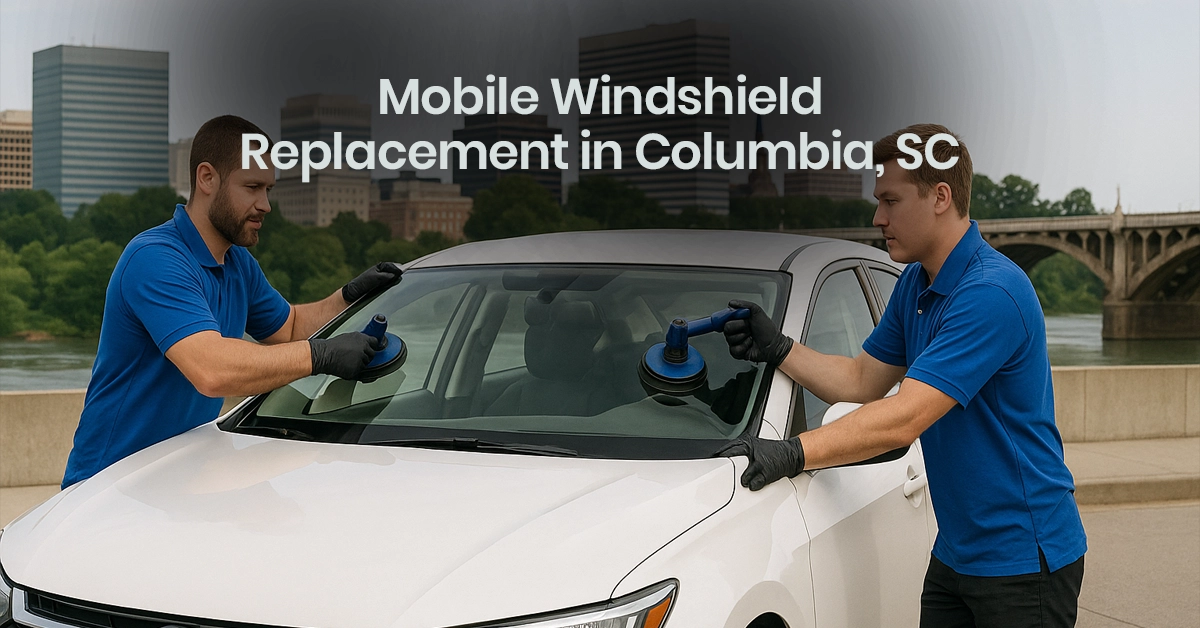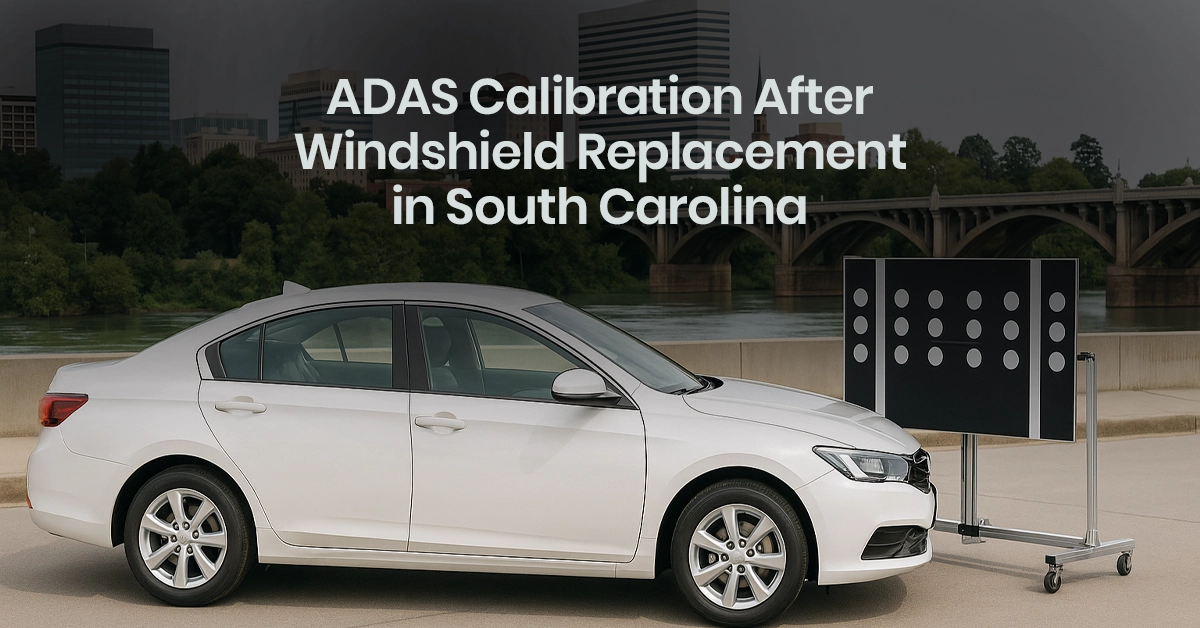Car Insurance Laws in Arizona: Requirements and Key Facts
February 6, 2024
Picture this: You notice a few specks and dents on the windshield that remain even after rigorous cleaning. Don’t worry—you are not alone. This is a common problem that most car owners face, known as windshield pitting.
In this blog, we’ll understand what is windshield pitting and the signs and causes of windshield pitting. We will also learn how to prevent windshield pitting and, finally, how to fix a pitted windshield
Let us get down to the basics: what is windshield pitting?
What is Windshield Pitting?
When we speak of windshield damage; chips, cracks, and complete windshield shattering are what we think of. However, there are other minor and gradual windshield damages.
Windshield pitting is one such damage, which is the natural wear and tear of your . Though this damage is less obvious and is on a smaller scale, you must not ignore pitting. You must go for a pitted windshield repair to prevent any dangerous scenario during driving.
So, how does windshield pitting occur?
*only for Arizona customers
Causes of Windshield Pitting
Pitting affects the front windshield most, with chances of the side and rear windows also being affected.
Here are some of the common causes of windshield pitting.
1. Road Conditions
Your windshield is continuously hit with sand, dust, small stones, and debris from the road while driving.
These particles are smaller than those that cause visible windshield cracks and chips. However, these particles can cause pitting when they hit your windshield at high speeds. The damage is more severe if you drive through unpaved roads and highways frequently.
Over time, these specks of dust accumulate and form pits in your windshield.
2. Weather Conditions
Exposure to temperature extremes can repeatedly cause the windshield to expand and contract, stressing the auto glass and creating pits. Windy conditions create sandblasting scenarios, especially if you drive in dusty areas. The dust creates a hazy windshield, eventually leading to pitting.
3. Chemicals
Several substances, like bird droppings, tree sap, and acid rain, can cause pitting on windshields.
4. Improper Cleaning Methods
Using abrasive cleaners and scrubbing the windshield too hard can cause pitting.
5. Age of the Windshield
All these factors cause more damage to windshields that are weakened due to age.
6. Windshield Grit and Dirt
Dirt and grime might accumulate on the windshield and wipers. If you use these dirt-laden wipers without cleaning or lubrication, they will act as sandpaper on the glass. Such wipers will cause pitting and hazing.
You have probably heard about the term pitting but are unsure how to identify it. Here are some telltale signs of windshield pitting.
Signs of Windshield Pitting
1. Visual Inspection
Pits are small imperfections on the windshield surface.
- You can identify pitting when such places reflect the light falling on them unusually.
- Your visibility is reduced in these windshield pits, and you will see glare around the lights at night.
2. Manual Inspection
You can run your hand over the windshield. Feeling rough spots or small dimples on the auto glass indicates pitting.
3. Water Beading
It is a sign of pitting if water forms small beads after rain or washing.
4. Difficulty with Windshield Wipers
If your wipers don’t function well even after replacement, it indicates an uneven windshield surface due to pitting.
Windshield pitting can be dangerous.
- When light hits these pits, it creates a momentary glare and a blinding effect.
- The windshield also weakens and becomes more susceptible to bigger damage.
- The wipers become ineffective when used on the pitted windshields.
Since windshield pitting can cause accidents and is a driving hazard, let us understand ways to minimize its occurrence.
*only for Arizona customers
How to Prevent Windshield Pitting?
You cannot entirely prevent windshield pitting. You can follow these tips and techniques to reduce windshield pitting.
- The right distance between you and the car in front, especially while driving on unpaved roads, can prevent dirt from hitting your windshields.
- Try to park in an enclosed space. If that is not always possible, park next to a barrier that can act as a windbreak. Parking your car in reverse also helps because it shields the windshield from the elements.
- Good wiper maintenance is important. Repair or replace worn-out wipers immediately.
Repair vs. Replacement: What to Do About Windshield Pitting?
You must fix pitted windshields immediately, as they can only get worse.
Check your windshield regularly for pits and if you notice a glare. A small pit can worsen if left unattended for a long time.
Choose between a pitted windshield repair and windshield replacement, depending on the extent of the pitting and its location. If the pitting is extensive and in the driver’s line of sight, it is better to choose windshield replacement.
Conclusion
Windshield pitting is natural and gradual damage to auto glass. Pits are small and not immediately noticeable, but they worsen over time. If you do not take care of them immediately, they can become a significant issue that impacts your vehicle’s safety.
If you are looking for a professional windshield repair or replacement in South Carolina, Arizona, and Colorado, Nuvision is your best bet.
Contact them today for same-day windshield replacement services. Join over 100K customers and enjoy high-quality windshield solutions.
FAQs
1. What causes pitting on the windshield?
Dust, debris, and sand hitting your car at high speeds cause windshield pitting. Over time, this impact can break your glass in patches and cause sunspots.
2. Can you fix a pitted windshield?
While there are no sure-shot ways, you can try to fix a pitted windshield. Try adding a protective layer to your glass or smoothening minor pits to see if there is any change.
3. What does windshield pitting look like?
Pitting appears as glares, specks, or tiny dents on the windshield of your car.
4. What is a windshield pit?
A windshield pit is a natural wear and tear that can affect your auto glass.







